Students contemplate the normalization of drugs
Drugs are among one of the violations that occur on campus. Students have concluded that drugs are not a major problem, but they are becoming normalized. Violations that happen on campus are addressed with fines, community service and more. (Photo Illustration)
February 28, 2019
Drugs are not a foreign thing for college students nor members of the community, especially in the southwest Kansas area. Consequences of illegal drug usage have began to pop up in police reports and the media in Liberal.
On Feb. 12, at 200 S. Clay in Liberal Kansas, police arrested a 25-year-old male for possession of marijuana, marijuana oils, and wax. He remains in jail.
In December 2018, a 37-year-old teacher at Seymour Rodgers was charged with dealing methamphetamines.
On Jan. 28, a husband and wife were arrested for suspicion of possession of meth, endangering the lives of their children and child abuse. One of their three children tested positive for meth.
Violations happen on college campuses all over the United States and even at Seward County Community College.
“I don’t think drugs are a problem in college necessarily. I think hardcore drugs aren’t as common,” Luis Lopez, freshman nursing major said. “If I were to guess I would say a third of the campus uses more common drugs and people are not often busted.”
In 2017, there were 56 alcohol violations and 11 marijuana violations on the SCCC campus. As of last semester, there has been 29 alcohol violations and 3 marijuana violations. This is not counting the current spring 2019 semester.
College can be a time of self-discovery and with that comes tasting what the world really offers. Drugs can be seen as experimental by students and even normal. Is this becoming a bigger issue?
Lopez felt drugs such as marijuana, vaping, tobacco, and “party drugs” such as ecstasy, are more common among college campuses and normal to try.
“I think in this area the more light-hearted drugs are normal these days. For example, weed is considered normal, but like cocaine and heroin are not common or normal,” Lopez said.
Some drugs are considered not so risky due to their amount of danger not being high enough, according to college students, but this could be an effect of a more accepting usage of certain drugs in campus culture.
“I believe it is more of a culture thing. Across the nation, open rationality exists with drug usage so people and teens use it for self-medicating and relaxing purposes and not as something too serious,” Lopez said. “I personally don’t think drugs have too much of an effect on college students, and I don’t think it will become a problem because college culture is more focused on safer drug usage.”
Other students thought slightly differently about the relation of drugs with students, thinking of them in a more serious light, considering that dangers come with everything.
“I think that students aren’t realistic about the dangers of marijuana and especially alcohol,” Maria Moreno, nursing major said. Moreno also agreed with Lopez, saying that drugs will not become such a big problem among students but they are normalized.
From a students perspective, it is believed to be a mild issue in college. But the security department had some opinions of their own over this issue.
“Drug usage and problems have actually gone down as of last semester, but that could be due to fewer students living in the dorms,” Wendall Wehmeier, security supervisor, said.
For students caught violating SCCC’s drug alcohol policies, consequences include a 100 dollar fine, 10 hours of community service and are referred to Alcohol.edu as well as potential counseling. Drug violations may result in evictions or possibly kicked out of school entirely.


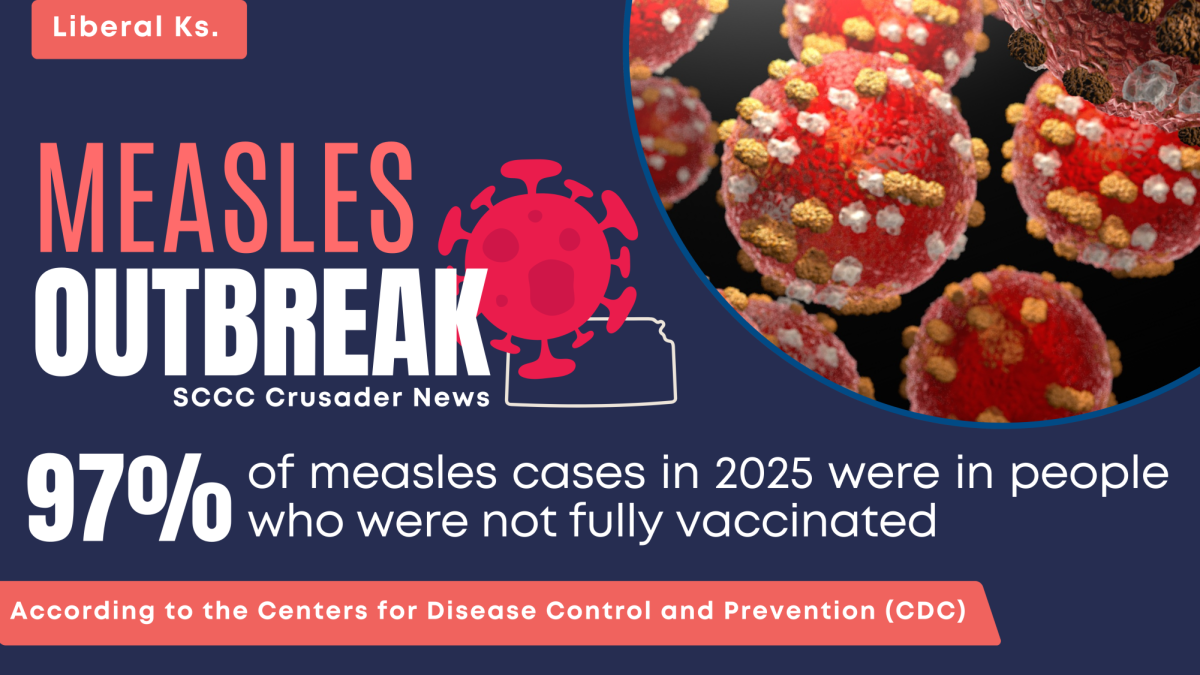
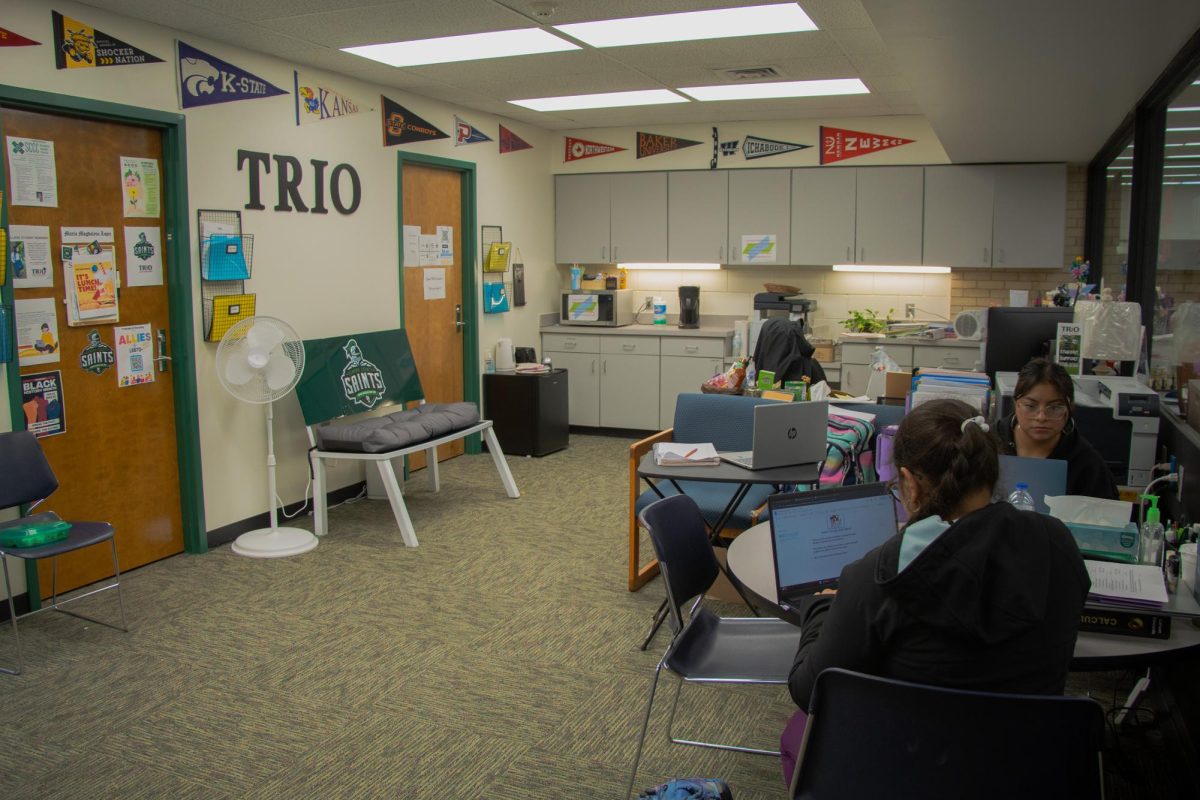

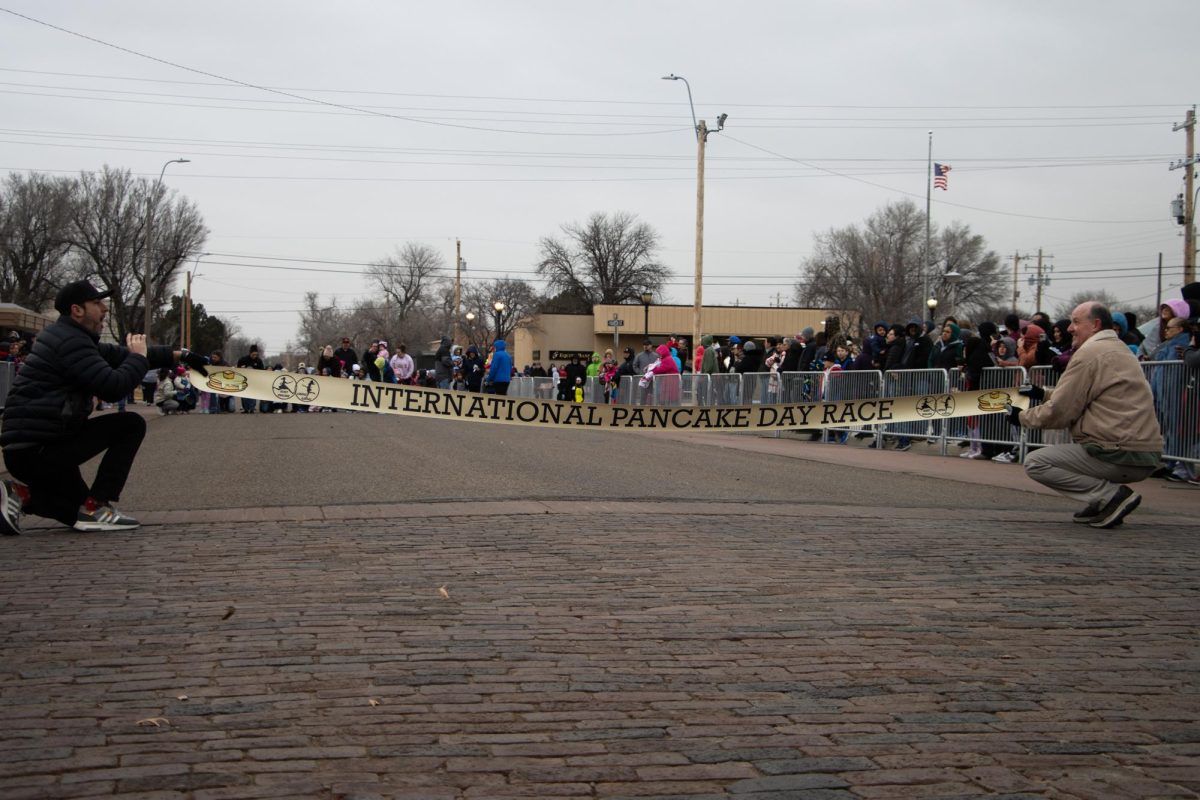








![The sophomores were recognized on the field instead of walking across the stage during their doubleheader. They received their diplomas and a picture of themselves playing during their career at Seward. [Pictured left to right are Dylan Day, Reed Thomas, Jase Schneider, Mason Martinez, Gannon Hardin, Brody Boisvert, and Zach Walker]](https://crusadernews.com/wp-content/uploads/2022/05/WEBDSC_0275-900x454.jpg)
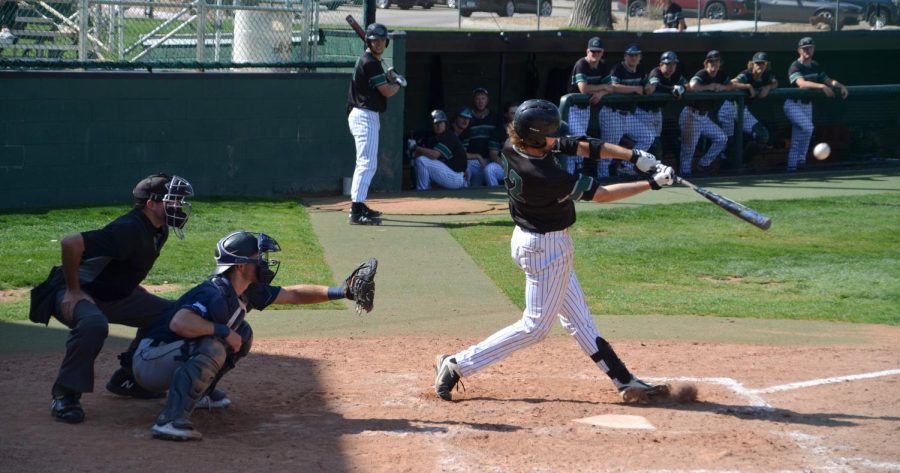



















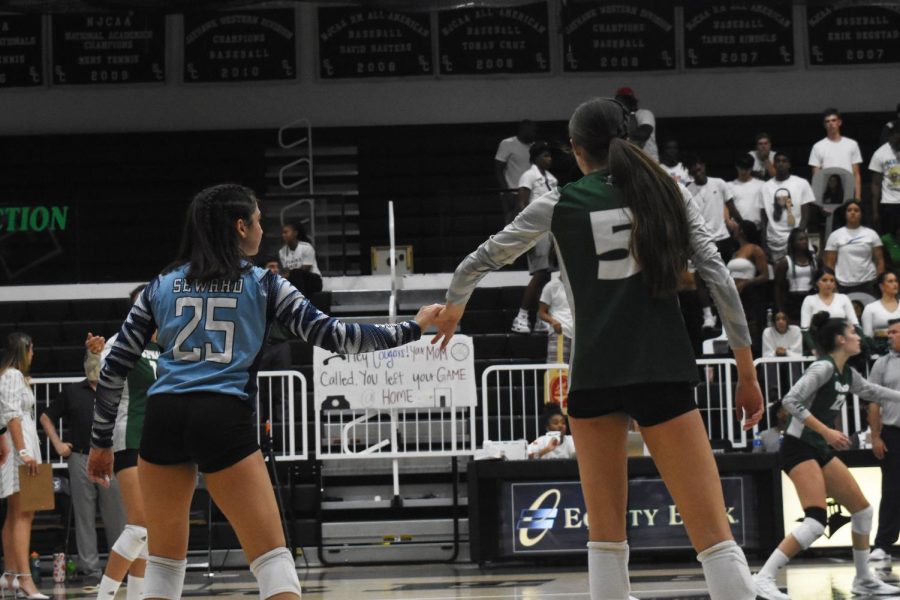











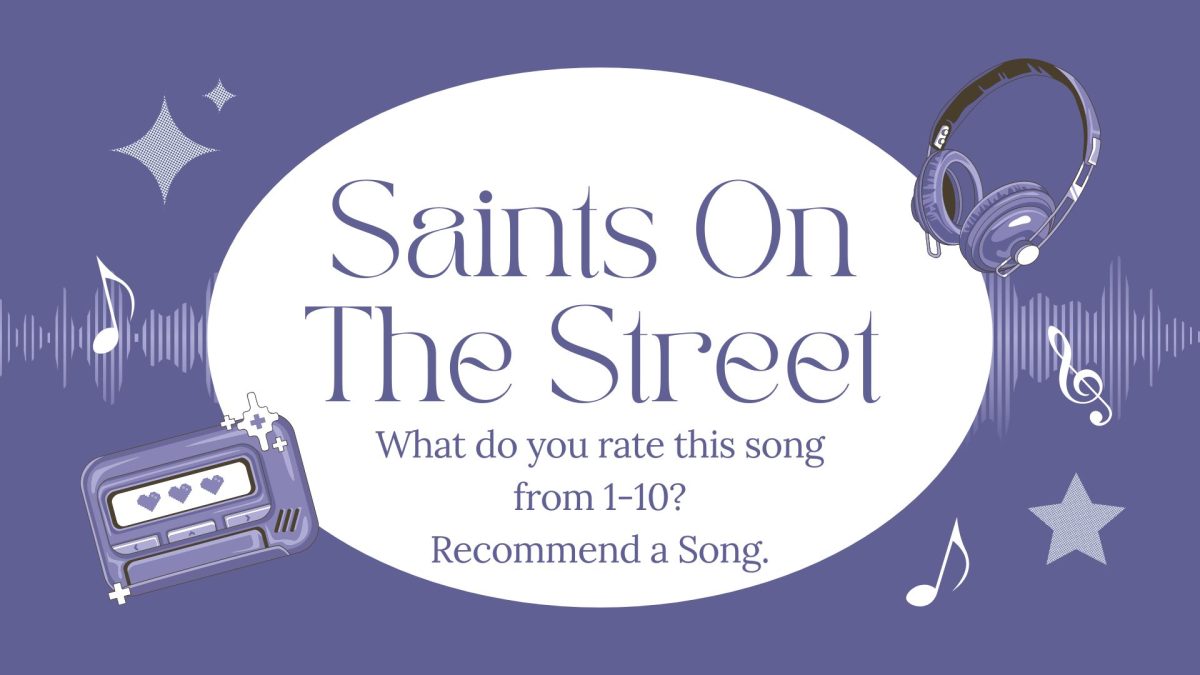







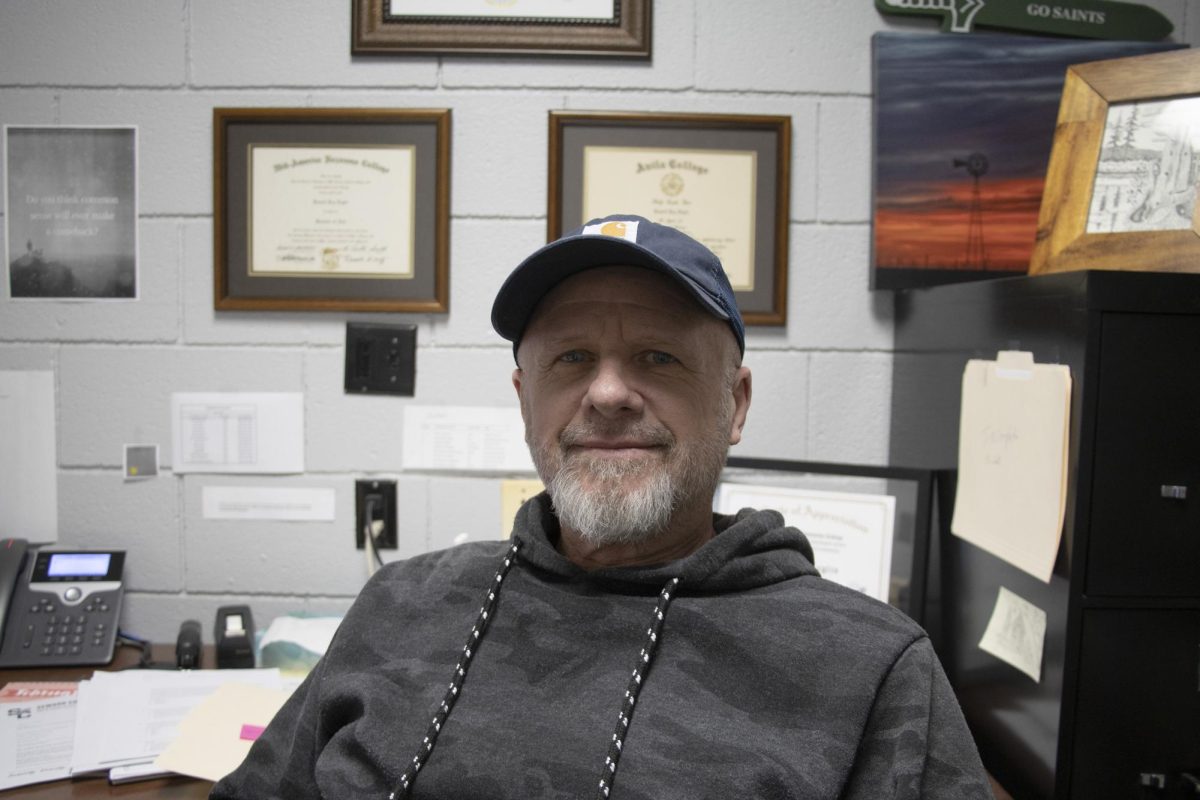




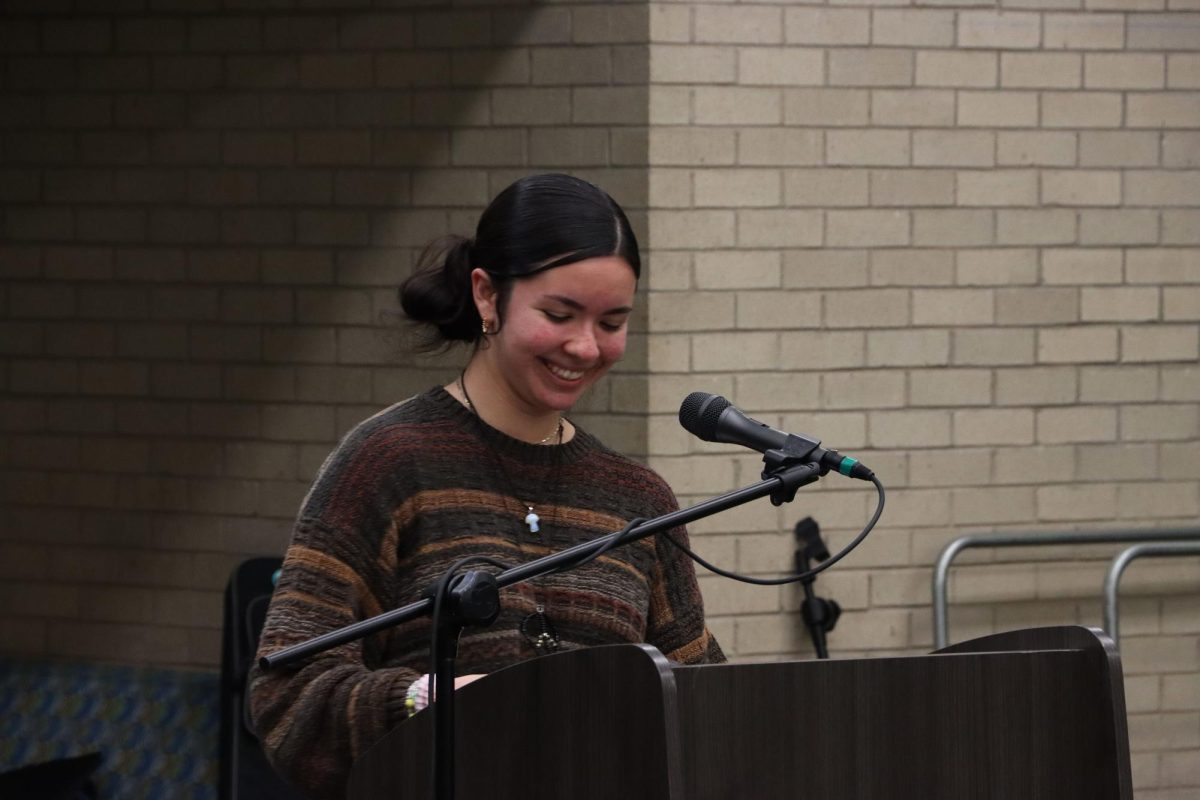














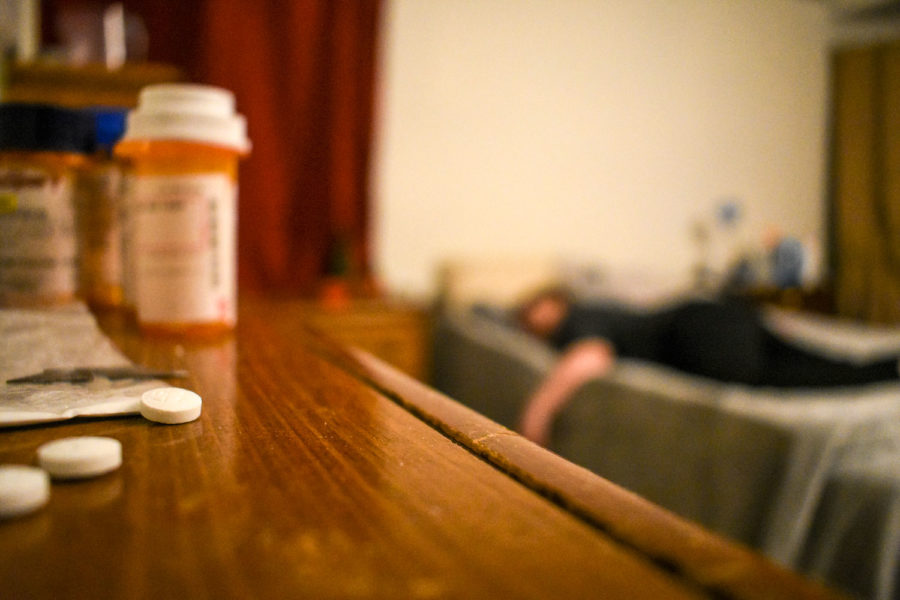


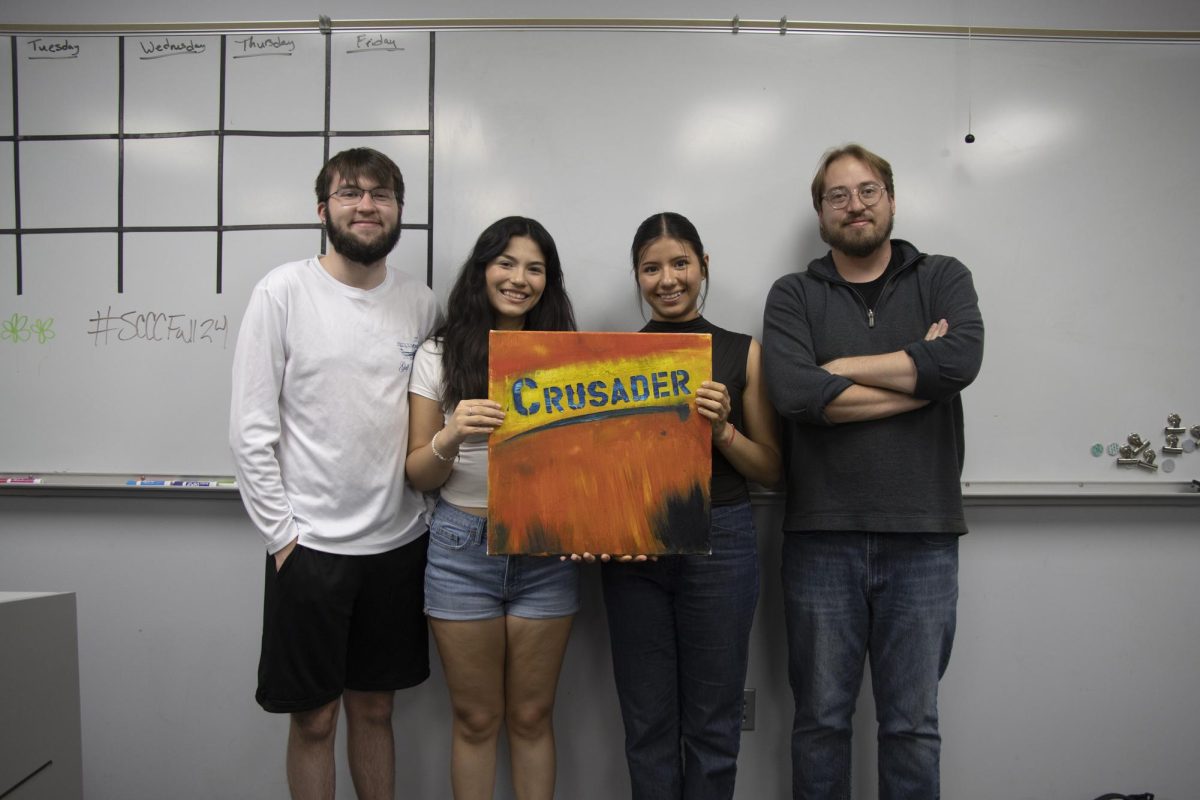


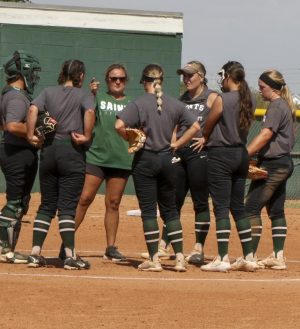
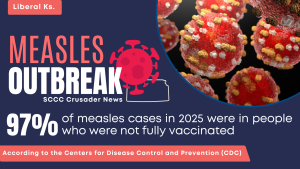


Jim Gunther • Feb 28, 2019 at 9:15 pm
It’s too bad that the endocannabinoid system is not even mentioned once in this article or that all who are autistic are endocannabinoid deficient. It should not matter that some of the top Universities, the pharmaceutical industry and NASA have been studying it for years. Just lump cannabis in with meth and everything else. “Dangers of marijuana,” how about the dangers of snorting Oxycontin?